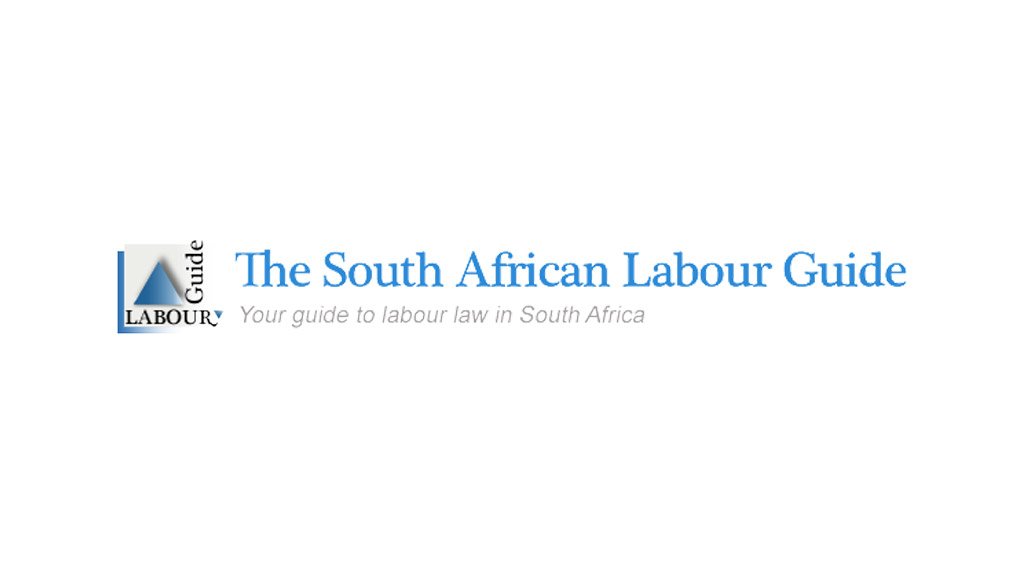The concept of derivative misconduct was clarified by the Labour Court in the recent judgment of Dunlop Mixing and Technical Services (Pty) Ltd & Another v National Union of Metalworkers of South Africa (D345/14) [2016] ZALCD 9 (11 May 2016).
Derivative misconduct can be described generally as a form of misconduct which arises through the failure of an employee to offer reasonable assistance in the detection and identification of those employees who are actually responsible for some form of misconduct. In other words, those employees who are aware of an act of misconduct but choose to remain silent make themselves guilty of a derivative violation of the trust relationship.
The dispute in the Dunlop case arose after the employer (“Dunlop”) dismissed 107 employees for acts of serious misconduct which were perpetrated during a protected strike at Dunlop’s premises during 2012. Shortly after the strike commenced, NUMSA’s members engaged in acts of misconduct which the arbitrator described as ‘tantamount to placing the company’s premises under siege’, including attacks on vehicles, supervisors, managers and other representatives of Dunlop. Dunlop obtained an interdict to prohibit the unlawful conduct but this did little to stop the acts of violence and approximately four weeks later 107 employees, all members of NUMSA, were dismissed.
The CCMA Commissioner found that the dismissal of 42 of the employees was procedurally and substantively fair. The remaining 65 employees, who were all charged with derivative misconduct, were however found to have been unfairly dismissed and were reinstated. Several of the 42 employees who were dismissed were charged with and found guilty of, amongst other things, derivative misconduct. As mentioned above, their dismissal was found to be fair by the Commissioner as Dunlop had been able to prove that they were present during the acts of misconduct. The Commissioner however found that Dunlop had failed to establish that the remaining 65 employees who had been charged with derivative misconduct had been present at the time and accordingly their dismissals were substantively unfair.
Dunlop accordingly approached the Labour Court to review and set aside that portion of the award which ordered the reinstatement of the 65 employees.
The Labour Court found that it had to be determined whether an inference could be drawn, from the evidence that was presented, that all of the employees were present during the strike. If so, was there an obligation on the employees to provide an explanation about the misconduct that had taken place. If so, did the employees’ deliberate refusal to do so affect the trust relationship?
In determining the issues, the Court considered the evidence that was led by nine of Dunlop’s managers relating to various incidents of misconduct and contrasted it with the evidence led by NUMSA. In particular, NUMSA’s witnesses denied having any knowledge of the various acts of misconduct perpetrated during the strike. The Court agreed with the Commissioner’s finding that such evidence by the Union was so improbable that it rendered all of those witnesses’ evidence unreliable. The Court concluded that it could be inferred from the evidence of both parties that all striking employees were engaged in and participated in the strike and, in the absence of any explanation, were present.
The Court traversed previous decisions of the Courts and found that the Commissioner had incorrectly applied the legal principles in relation to the issue of derivative misconduct. The Commissioner had failed to draw an inference that all employees were present and, consequently, failed to enquire into whether the failure of the employees to come forward to disclose the names of the perpetrators and/or to exonerate themselves constituted derivative misconduct.
In regard to the inference, the Court found as follows:-
“[76] I am satisfied that the only reasonable and plausible inference that can be drawn from the evidence is that the respondent employees were present during the strike and accordingly during the misconduct. If they weren’t present or had no information regarding the perpetrators they would have said so. They, despite the opportunities afforded to them, did not.”
The Court found that the employees’ decision to remain silent in the face of evidence adduced by Dunlop was a breach of the trust relationship. This duty arose in circumstances even where they had not been identified as having been present at the strike or the misconduct.
The Court pointed out that it is reasonable for an employer to expect that strikes should be conducted peacefully and in an orderly fashion, particularly where picketing agreements have been concluded. The Court emphasised the importance of the duty of good faith towards the employer and that the essentials of trust and confidence demanded more than simply remaining silent in these circumstances. As a consequence, the Court found that the Commissioner had misdirected himself and reviewed and set aside the order, replacing it with one where the dismissal of the 65 employees was found to be both substantively and procedurally fair.
Written by Neil Coetzer, Partner, Employment Law, Benefits & Industrial Relations, Cowan-Harper Attorneys
EMAIL THIS ARTICLE SAVE THIS ARTICLE
To subscribe email subscriptions@creamermedia.co.za or click here
To advertise email advertising@creamermedia.co.za or click here











